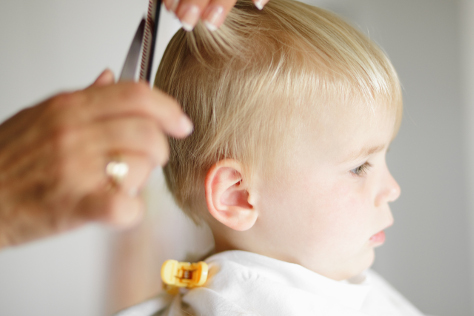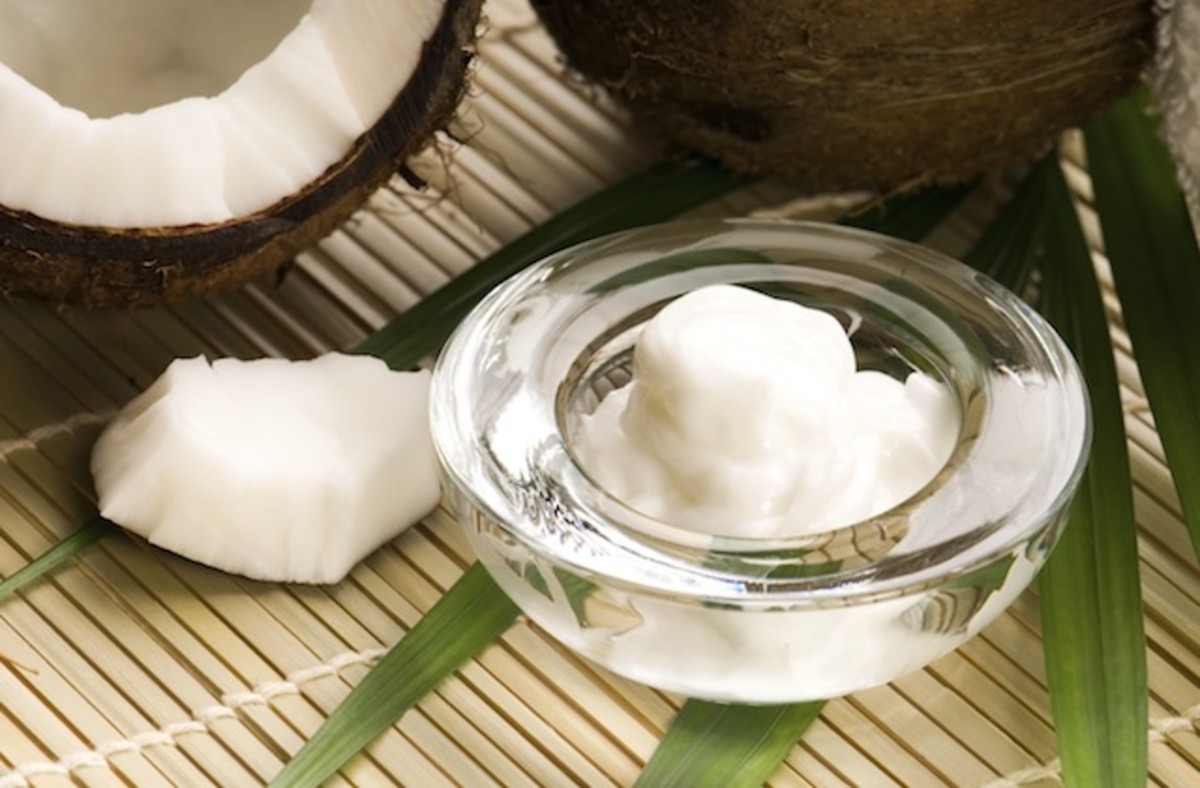Photo from Bounty
Andrea Hernandez
Parents may be told by their elders not to cut their baby’s hair before their first birthday in order to improve hair health. This is unhelpful advice. Genetics determines hair qualities and this is not influenced by a trim.
Genes determine specific characteristics of hair such as texture and thickness. Other factors that influence hair texture and thickness include hormones, specific medications, and chemicals like hair relaxers. Hair is also affected by chemotherapy treatment. Chemotherapy harms both cancerous and healthy cells like rapid growing cells found in hair. As the chemotherapy drugs leave our body and hair regrows, hair color, texture, and thickness can change, but these changes are not permanent.
Cultural practices regarding cutting hair vary. For instance, Mongolians believe a child’s first haircut should occur at a later age, between the ages of two and five depending on the lunar new year. Muslims believe a baby’s first haircut should occur within a week of being born to signify they are cleansed.
There is no best time when you should cut a baby’s hair. As a parent you decide what you prefer for your child, and one of these decisions is determining when to have your child’s first haircut.
https://ghr.nlm.nih.gov/primer/traits/hairtexture
https://healthcare.utah.edu/the-scope/shows.php?shows=0_3tcvsb6o
https://youaremom.com/babies/babys-first-haircut-information/
https://www.babycenter.com/404_when-can-my-baby-get-a-haircut-at-a-salon_1368499.bc
https://www.nbcnews.com/healthmain/chemo-curls-another-kink-cancer-recovery-1C9386921
https://www.fatherly.com/health-science/first-haircut-rituals/
https://www.naturallycurly.com/curlreading/health-beauty/the-science-of-chemo-curls

